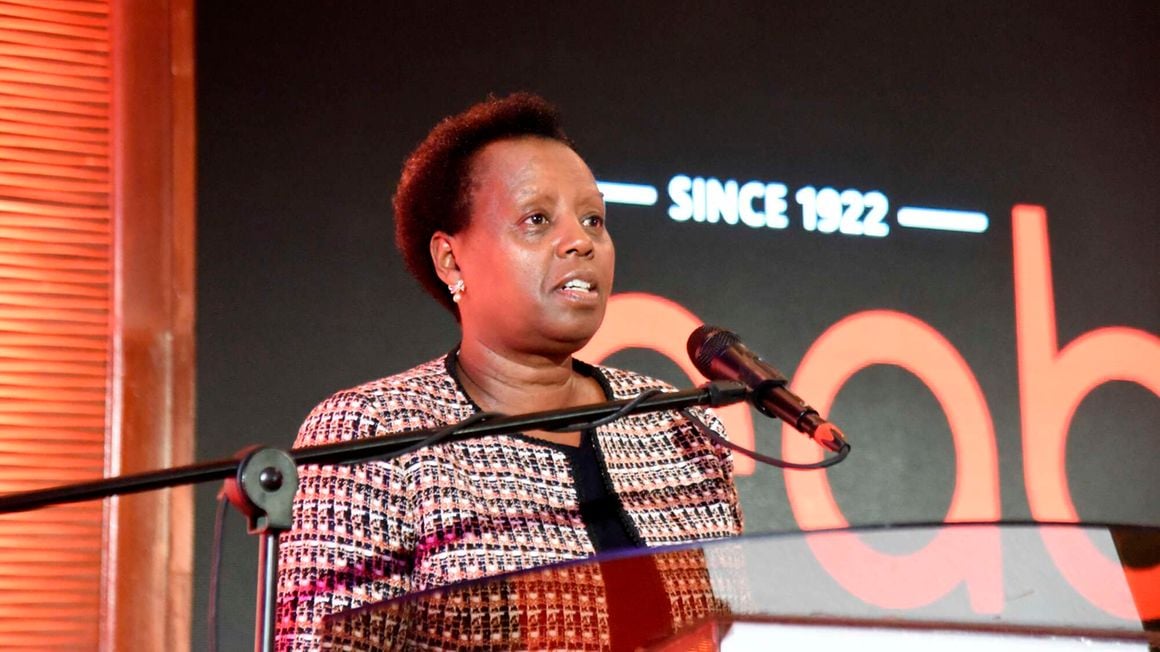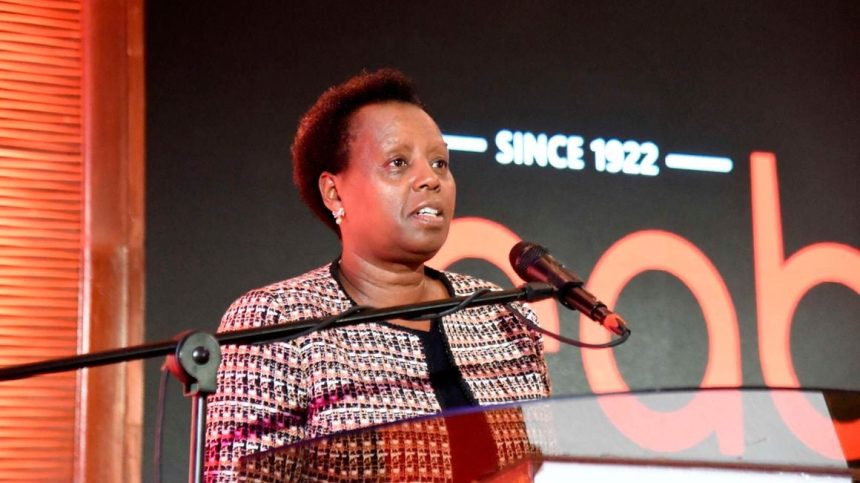Listed brewer EABL increased its long-term debt by Sh13.8 billion for the year ended June 2023, using the funds on new capital expenditure during the year amid reduced cash flows in a tough operating environment.
The company’s breakdown of debt movement during the year shows that its stock of outstanding long-term bank loans jumped to Sh37.97 billion, up from Sh24.16 billion in the previous period.
Other long-term liabilities are in the form of a Sh11 billion medium-term note which matures in October 2026.
Short-term debt, or current liabilities, rose by Sh1.1 billion to Sh9.6 billion during the year. As a result of the growth in long-term debt, EABL’s total borrowing rose to Sh58.6 billion from Sh43.7 billion in June 2022.
In the year to June, the brewer invested Sh12.9 billion in long-term projects, including the expansion of its brewery capacity in Moshi, Tanzania and in Uganda.
The capex also went into returnables, which include glass bottles and keg barrels, and its ESG programme. “We invested a further Sh12.9 billion in capital expenditure as we completed investments to support long-term growth,” EABL said in a note on its financials.

This was similar to the Sh13 billion the company had laid out in capex in the previous financial year, and with reduced cash generation from operations, the firm turned to bank loans to partly fund the outlay.
EABL’s cash flow statement shows the cash it generated fell by 26 percent or Sh9.2 billion to Sh26.1 billion, blamed on a mix of macroeconomic headwinds primarily inflationary pressure that reduced consumer spending power and increased the cost of doing business.
“Further, currency deterioration, higher taxes and rising interest rates particularly in Kenya further impacted our business performance,” said EABL.
The higher borrowing to offset the reduced cash flow resulted in a 29 percent or Sh1.2 billion jump in finance costs to Sh5.49 billion in the period.
The weakening of the shilling also impacts negatively finance costs for foreign currency-denominated loans.
The cost of sales meanwhile rose to Sh62.2 billion from Sh56.6 billion in the previous year, which served to offset a growth in gross sales to Sh197.6 billion from Sh193.9 billion previously.
EABL said it witnessed volume contraction as customers adjusted their purchasing behaviour.
Sales in Uganda and Tanzania rose by 17 and one percent respectively but fell by four percent in Kenya.
The company’s net profit in the period thus dropped by 20.8 percent to Sh12.3 billion, with the total dividend per share paid out to shareholders halving to Sh5.50 from Sh11 in the previous financial year.



